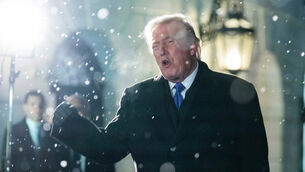Mad cow disease scare hits US beef
Japan and South Korea banned US beef imports today following an announcement that a recently slaughtered cow had tested for positive for BSE.
The discovery in an animal from a Washington state farm marks the first suspected appearance of so-called “mad cow disease” in the US.














